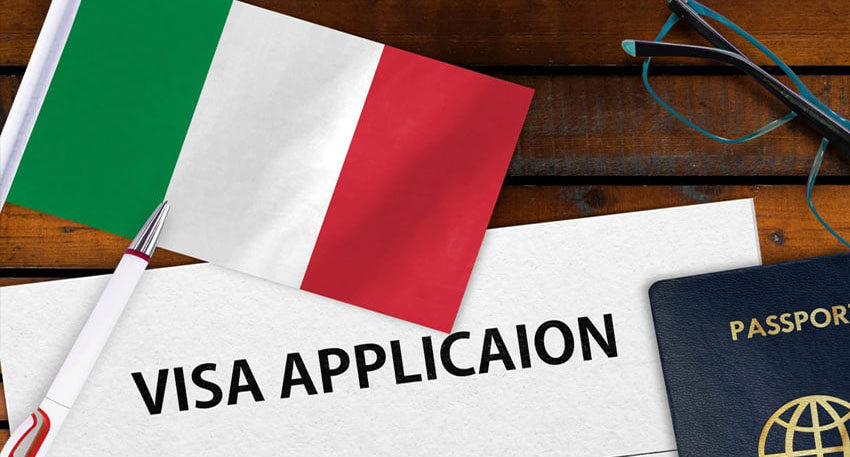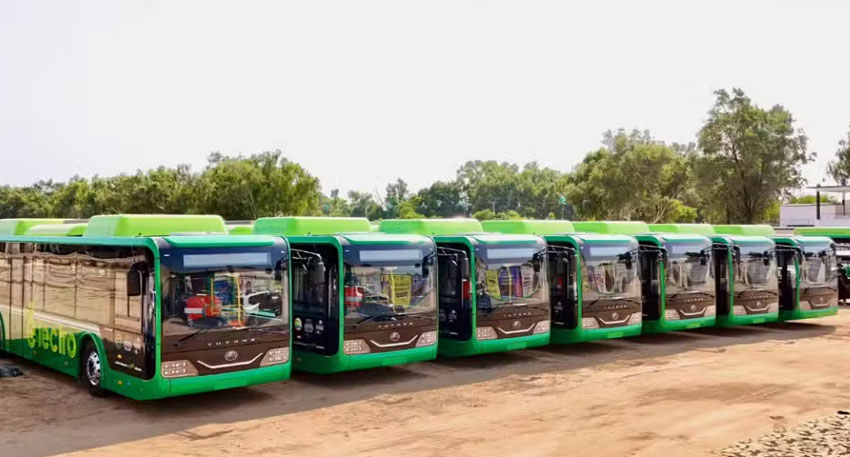
According to international media, the Italian government approved a new Flow Decree (DPCM) outlining legal immigration plans for the years 2026, 2027, and 2028 for induction of foreign workers including Pakistanis. The decree defines job quotas, types of employment, and visa procedures for non-EU nationals seeking work opportunities in Italy.
Under the new plan, Italy will open its doors to nearly 500,000 foreign workers over the next three years across key sectors such as agriculture, tourism, construction, logistics, manufacturing, and domestic caregiving.
|
Year |
Total Jobs |
Seasonal Work |
Regular Employment |
Self-Employed |
|
2026 |
164,850 |
88,000 |
72,200 |
650 |
|
2027 |
165,850 |
89,000 |
76,200 |
650 |
|
2028 |
166,850 |
90,000 |
76,200 |
650 |
Seasonal work will primarily cover agriculture and tourism, while regular employment will include a wide range of industries. Authorities may revise quotas based on labor market needs.
Application Deadlines for 2026
- January 12: Agricultural seasonal jobs
- February 9: Tourism seasonal jobs
- February 16: Non-seasonal employment
- February 18: Family care sector
How Pakistanis Can Apply for an Italy Work Visa
1. Secure a Job Offer in Italy
Applicants must first obtain a formal job offer from an Italian employer.
2. Employer Requests Work Authorization (Nulla Osta)
The employer applies for a work permit (nulla osta) through Italy’s ALI Immigration Portal during the designated application period (known as “click day”).
3. Apply for a Type D Work Visa
Once the nulla osta is approved, it is sent to the applicant, who can then apply for a Type D visa at the Italian Embassy or Consulate in Pakistan.
Required documents include:
o Valid passport
o Work contract and nulla osta
o Proof of financial means
o Health insurance coverage
4. Arrival in Italy & Residence Permit
Upon entering Italy, workers must apply for a residence permit (permesso di soggiorno) within eight days to live and work legally.
Additional Information
- Quotas may be adjusted by region or sector.
- Unused slots from one year may roll over to the next.
- Seasonal workers who meet eligibility requirements may transition to long-term employment.
The new decree is part of Italy’s broader plan to address labor shortages and strengthen cooperation with partner countries like Pakistan, offering new opportunities for skilled and seasonal workers to contribute to the Italian economy.




